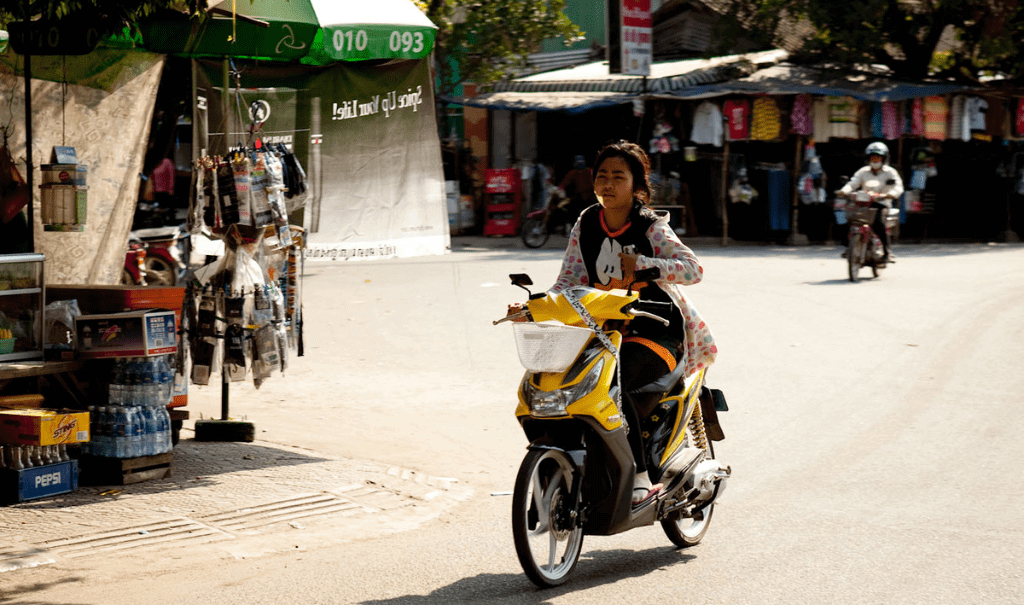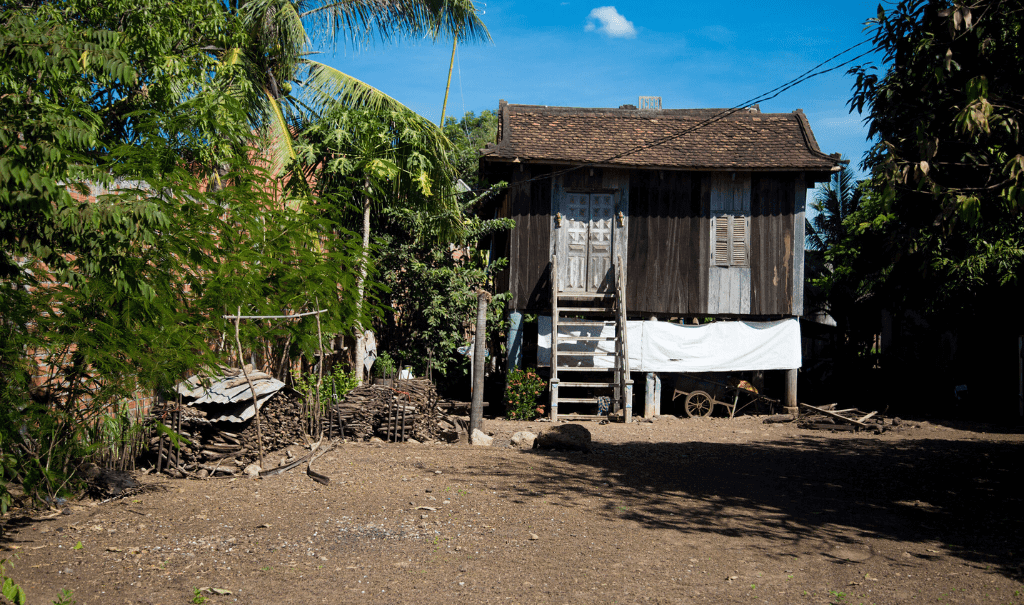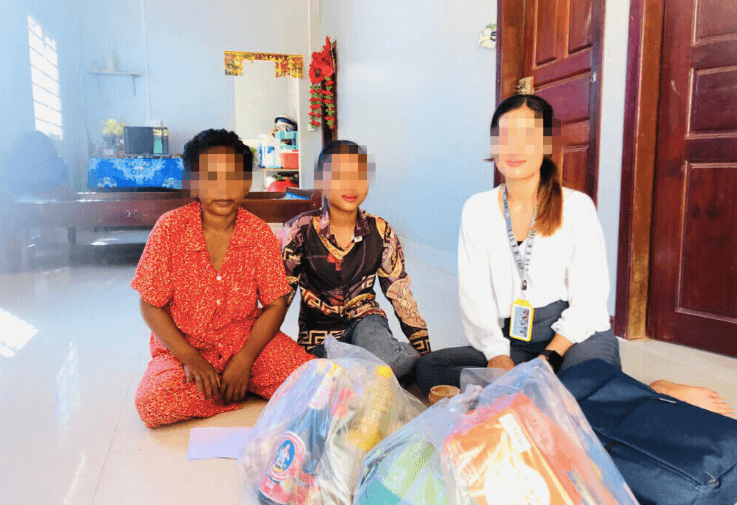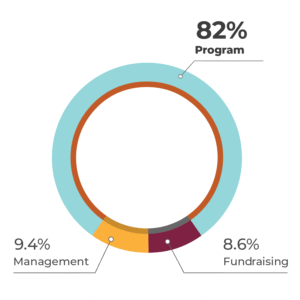Ruth tried to move quietly through the humid night. Despite the impenetrable darkness, the jungle was anything but still. Amidst the usual cacophony of howls, chirps and screams from nocturnal creatures, she could hear movement in the dense foliage.
Ruth carefully checked the rubber tree for spiders and scorpions before she began collecting sap, watching her step as she worked. She’d heard of other rubber harvesters losing their lives because they’d accidentally stepped on a cobra.
She scanned the surrounding area again as her jug slowly filled with the precious sap, but couldn’t see far into the thick, dark jungle. The plethora of venomous creatures was bad enough, but the elephants scared her the most. Territorial and aggressive, the creatures could charge out of the forest without warning if workers surprised them in the night. They moved impossibly fast for such huge creatures, and Ruth had lost more than one friend to their ferocious attacks.
She shivered in spite of the heat as she capped off her jug and moved to the next rubber tree, repeating the process. It was still a long time till morning.
A bad situation
Our team first heard about Ruth from her little sister. While canvassing a small village in Cambodia, the child told our agents about how her 16-year-old sister had been pressured to work at a dangerous rubber farm outside the country.

Over a million Cambodians work abroad, with the majority sending money home to their families

It was a bad situation,” Visna, one of the agents present, recalled.
Ruth hadn’t had much choice in the matter. Her family needed her to contribute to their finances, and the options for a young girl in Cambodia are limited: work at a local beer garden (which almost guaranteed she would become sexually exploited) or join her elder brother and sister at the rubber harvesting operation.
Ruth opted to be with her siblings, not knowing they’d shielded the family from the harsh truth about their job. But recent messages home from Ruth painted a frightening picture.
While Ruth and the other workers were paid a little for their labor, their managers were manipulative and controlling to the extreme.
Because the internal pressure in rubber trees is highest after midnight, workers are sent into the jungle to collect the valuable latex sap in the dead of night. Their schedule and movements were tightly controlled; workers were told they’d be arrested if they left the property.
Worst of all, there was no consideration for their or their families’ safety. Ruth reported that many were killed by elephant attacks. Parents were forced to leave their babies and children in hammocks—outside—to sleep until they returned from harvesting.
The 16-year-old wanted to go home, but the constant threat of arrest made escape seem impossible.

A typical rural home in Cambodia
An unexpected rescuer
Once we got the necessary details from Ruth’s family, our team formed a plan. A local agent with special government clearance could get Ruth safely back across the border, but leaving the compound would be up to her alone; her older siblings thought the money was worth the risk, so they declined to join the rescue, saying they’d look for safer employment soon. We arranged for Ruth to meet the agent on a road near the rubber farm at a particular time and date.
Ruth had to slip away without arousing suspicion, making her way through the jungle alone.
The brave girl proved more than capable of the trek. When our agent arrived at the pre-arranged location, she was there, waiting just as they’d planned.
But she wasn’t alone.
Ruth was waiting with her 2-year-old nephew. Before leaving, her older sister asked if she would take the little boy back to their home, where he’d be safe.
Because of Ruth’s compassion and bravery, our rescue agent wasn’t the only rescuer that day: Ruth rescued that little boy, too.
Home
Our agent got the children home safely without any difficulties despite the unexpected addition. Visna said that the easy border crossing was a result of “God’s grace.”
Since returning home, Ruth has enrolled in a Freedom Plan to navigate a safe path toward a life of sustainable freedom. Understandably, she initially had trouble sleeping; she’d been conditioned to be constantly vigilant and afraid at night during her exploitation. EMPOWER trauma resilience training helped her overcome that difficulty, and now the diligent child is back in school and making progress toward a brighter future.

Caseworkers in Cambodia make a home visit and provide a food pack to a rescued child
Without donations from people like you, we cannot rescue children like Ruth. The generosity of our donors has given Ruth and thousands more children the chance to live free. To rescue a child today, fill out the form below.
Donate with confidence
Over the last three years, 82% of every dollar we spent was used for programs that benefit the children we defend.
Destiny Rescue is recognized by Guidestar, Charity Navigator, the Better Business Bureau and Excellence in Giving for our commitment to transparency, accountability and financial integrity.



 Australia
Australia New Zealand
New Zealand United Kingdom
United Kingdom

